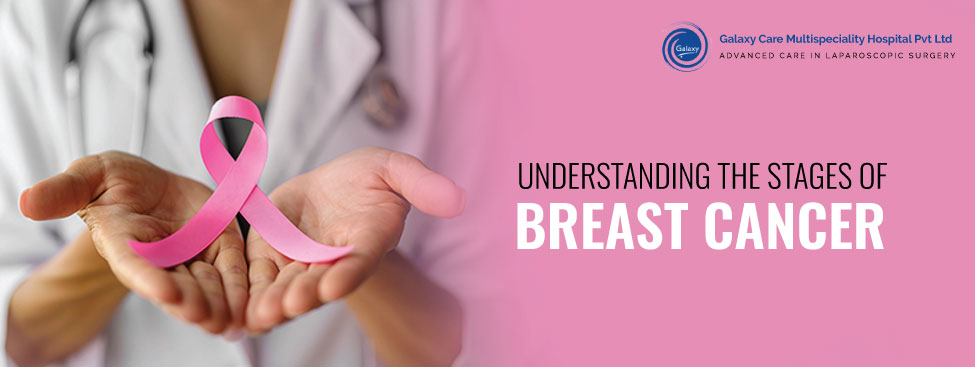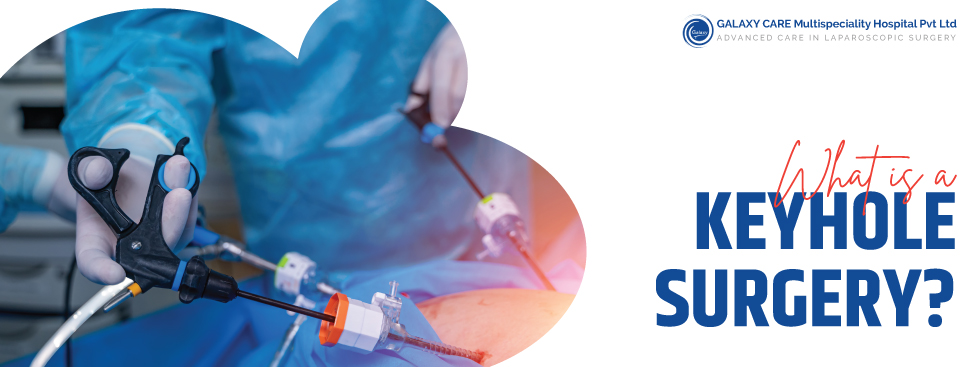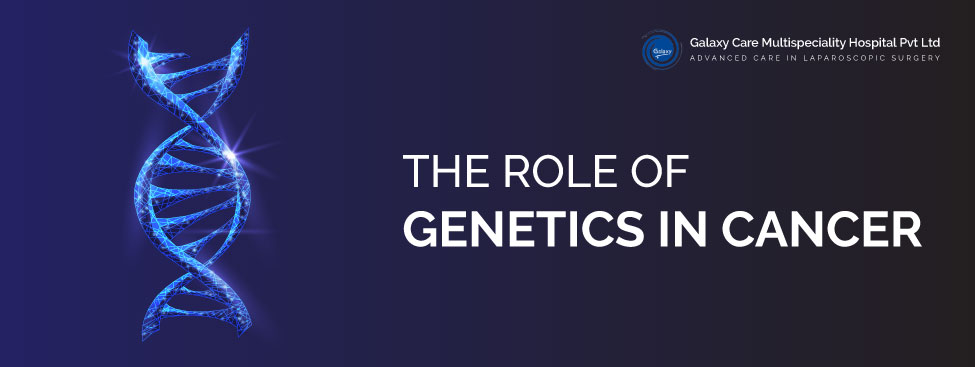
UNDERSTANDING THE STAGES OF BREAST CANCER
Breast cancer is a complex and multifaceted disease that can have varying degrees of severity and progression. Understanding the different stages of breast cancer is crucial for patients and their families to make informed decisions about treatment and management. This comprehensive guide by Galaxy Care Hospital will delve into understanding the stages of breast cancer, providing a deeper learning of the disease’s progression and the implications for patient care. Let’s begin.
The Stages of Breast Cancer
Breast cancer is typically categorized into four main stages, each with its own unique characteristics and treatment considerations. These stages are determined by factors such as the size of the tumor, the involvement of lymph nodes, and the presence of distant metastases.
Stage 0
Stage 0 breast cancer, also known as carcinoma in situ, is the earliest stage of the disease. In this stage, abnormal cells are present within the milk ducts or the lobules of the breast, but they have not yet invaded the surrounding breast tissue. Stage 0 breast cancer is considered a non-invasive form of the disease and is often highly treatable.
Stage I
Stage I breast cancer is characterized by a small tumor, typically less than 2 centimeters (cm) in size, that has not spread to the lymph nodes. This stage is further divided into Stage IA and Stage IB, based on the size of the tumor and the involvement of the lymph nodes.
Stage II
Stage II breast cancer is characterized by a larger tumor, typically between 2 and 5 cm in size, or the involvement of a few lymph nodes. This stage is also divided into Stage IIA and Stage IIB, depending on the specific characteristics of the tumor and lymph node involvement.
Stage III
Stage III breast cancer is considered a more advanced stage of the disease. In this stage, the tumor is larger than 5 cm in size or has spread to a significant number of lymph nodes. Stage III is further divided into Stage IIIA, Stage IIIB, and Stage IIIC, based on the extent of the disease.
Stage IV
Stage IV breast cancer, also known as metastatic breast cancer, is the most advanced stage of the disease. In this stage, the cancer has spread beyond the breast and nearby lymph nodes to other organs or parts of the body, such as the lungs, liver, bones, or brain.
Factors Influencing Breast Cancer Staging
The staging of breast cancer is determined through a combination of diagnostic tests and clinical findings. Some of the key factors that influence the staging of breast cancer include:
- Tumor Size: The size of the primary tumor is a crucial factor in determining the stage of breast cancer.
- Lymph Node Involvement: The presence and extent of cancer cells in the lymph nodes near the affected breast are important in staging the disease.
- Distant Metastasis: The presence of cancer cells in organs or tissues distant from the primary tumor, such as the lungs, liver, or bones, is indicative of metastatic disease and a more advanced stage.
- Hormone Receptor Status: The presence or absence of certain hormone receptors, such as estrogen and progesterone receptors, can impact the treatment approach and prognosis.
- HER2 Status: The expression of the HER2 protein on the surface of cancer cells can also influence the treatment and prognosis of breast cancer.
Breast Cancer Treatment Options
The treatment of breast cancer is tailored to the specific stage and characteristics of the disease. Treatment may involve a combination of the following:
- Surgery: Surgical options for breast cancer may include lumpectomy (removal of the tumor and a small amount of surrounding tissue), mastectomy (removal of the entire breast), and lymph node dissection.
- Radiation Therapy: Radiation therapy may be used to target the remaining breast tissue after a lumpectomy or to treat areas where the cancer has spread.
- Chemotherapy: Chemotherapy involves the use of drugs to target and destroy cancer cells. It can be used before surgery (neoadjuvant chemotherapy) or after surgery (adjuvant chemotherapy).
- Hormone Therapy: Hormone therapy is used to target breast cancers that are hormone receptor-positive, such as those that are estrogen receptor-positive or progesterone receptor-positive.
- Targeted Therapy: Targeted therapies, such as HER2-targeted drugs, are used to target specific molecular characteristics of the cancer cells.
Prognosis and Survival Rates
The prognosis and survival rates for breast cancer patients vary depending on the stage of the disease at the time of diagnosis. In general, the earlier the stage of breast cancer, the better the prognosis and the higher the survival rates.
- Stage 0 and Stage I: The 5-year relative survival rate for Stage 0 and Stage I breast cancer is near 100%.
- Stage II: The 5-year relative survival rate for Stage II breast cancer is around 93%.
- Stage III: The 5-year relative survival rate for Stage III breast cancer is around 72%.
- Stage IV: The 5-year relative survival rate for Stage IV or metastatic breast cancer is around 29%.
It’s important to note that these are general survival rates, and individual prognosis can vary based on various factors, including the specific characteristics of the cancer, the patient’s overall health, and the effectiveness of the treatment.
Choose the Best Breast Cancer Specialist in Pune
Early detection is crucial in the management of breast cancer. When breast cancer is detected and diagnosed at an earlier stage, the chances of successful treatment and long-term survival are significantly higher. Regular breast self-examinations, clinical breast exams, and screening mammograms can help detect breast cancer at an early stage when it is often more treatable.
At Galaxy Care Hospital, we are proud to have a team of Breast Cancer Specialists in Pune who are dedicated to providing the highest level of care to our patients. Our specialists use the latest diagnostic tools and treatment technologies to ensure the best possible outcomes for our breast cancer patients. If you or a loved one has been diagnosed with breast cancer, we encourage you to reach out to us to learn more about how we can support you. Breast cancer is curable and we can help you in this journey. Book your appointment soon.


